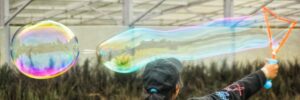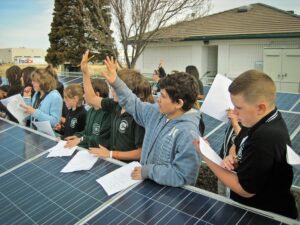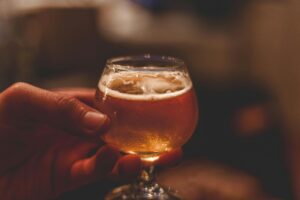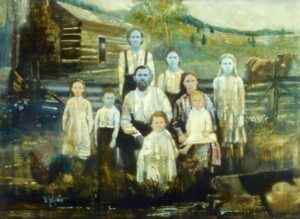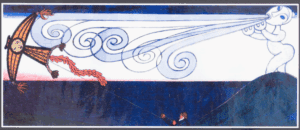Description: Providers applying for Enriching Local Curriculum (ELC) funding from the Ministry of Education need to show highly customised engagement with schools. Teachers benefit, as the preprepared programmes of the past evolve into something new. NZASE Science Communicator Mike Stone talks with three ELC providers.
Read MoreField-based STEM: Enhancing outdoor learning in Aotearoa schools
We know that a local curriculum that is relevant to students is important. Field Based STEM (FBS) is a PLD provider that aims to equip teachers with the skills to take students into the field, at school or beyond, and draw out the learning in science, maths, technology and more. NZASE Science Communicator Mike Stone […]
Read MoreSTEM in the classroom: Enabling learning
In an ever-changing and increasingly complex world, it is important that students can use knowledge and skills to solve problems, make sense of information, and gather and evaluate evidence to make decisions. These are the kinds of skills that students are developing in STEM. Mike Stone explores STEM learning with the help of two teachers.
Read MoreTeaching about solar cells: Exploring energy and innovation
This resource delves into the science of solar cells, from the photovoltaic effect to practical classroom investigations. It offers hands-on experiments, such as testing the impact of light intensity and angle on voltage output, and discusses the efficiency of solar panels. Additionally, it highlights the integration of Mātauranga Māori through the pūrākau of Māui and […]
Read MoreHatching chicks from eggs: A hands-on science experience
This updated NZASE resource provides a comprehensive guide for educators interested in incubating and hatching chicken eggs in the classroom. It covers the necessary equipment, ethical considerations, and educational benefits of such an activity. The resource includes real-life examples from teachers who have successfully implemented chick hatching projects, offering insights into student engagement and learning […]
Read MoreThe chemistry of alcohol-free beer
Alcohol-free beer (AFB) is gaining popularity in New Zealand, offering a beverage option with less than 1.15% alcohol by volume (ABV). This resource explores the science behind AFB production, focusing on two primary methods: removing alcohol from fully brewed beer and limiting fermentation to produce minimal alcohol. The document delves into the challenges of maintaining […]
Read MoreNgā taonga pūoro: Exploring traditional Māori musical instruments
Treasured musical instruments have been revived in the last 30 years, and it is not hard to find proponents to talk with students about them. NZASE Science Communicator Mike Stone learnt more about these instruments at Mt Albert Grammar School from Mark Dashper, kaiwhakaruruhau at Tui Tuia Learning Circle. She also researched other experts to […]
Read MoreThe Kentucky Family with Blue Skin: A genetic mystery
Mike Stone summarises what is known about the science behind a family of people who lived in isolation in Kentucky, and many of whom had blue skin.
Read MoreTeaching about flight: Bringing physics to life
In this resource, NZASE Science Communicator Mike Stone explores how New Zealand teachers are using aviation to teach physics. From hands-on experiences like indoor skydiving at iFLY Queenstown to building human-powered aircraft, the resource showcases innovative ways to engage students in learning about the forces of flight. It also highlights how mātauranga Māori perspectives are […]
Read MoreManu tukutuku: Exploring Māori kites and cultural significance
Kites are collectively called manu tukutuku and feature in Māori life, especially at Matariki. Mike Stone (Pākehā) and Mere Manning (Kahungunu ki te Wairoa), explore the cross-curricular possibilities of this Mātauranga Māori.
Read More


